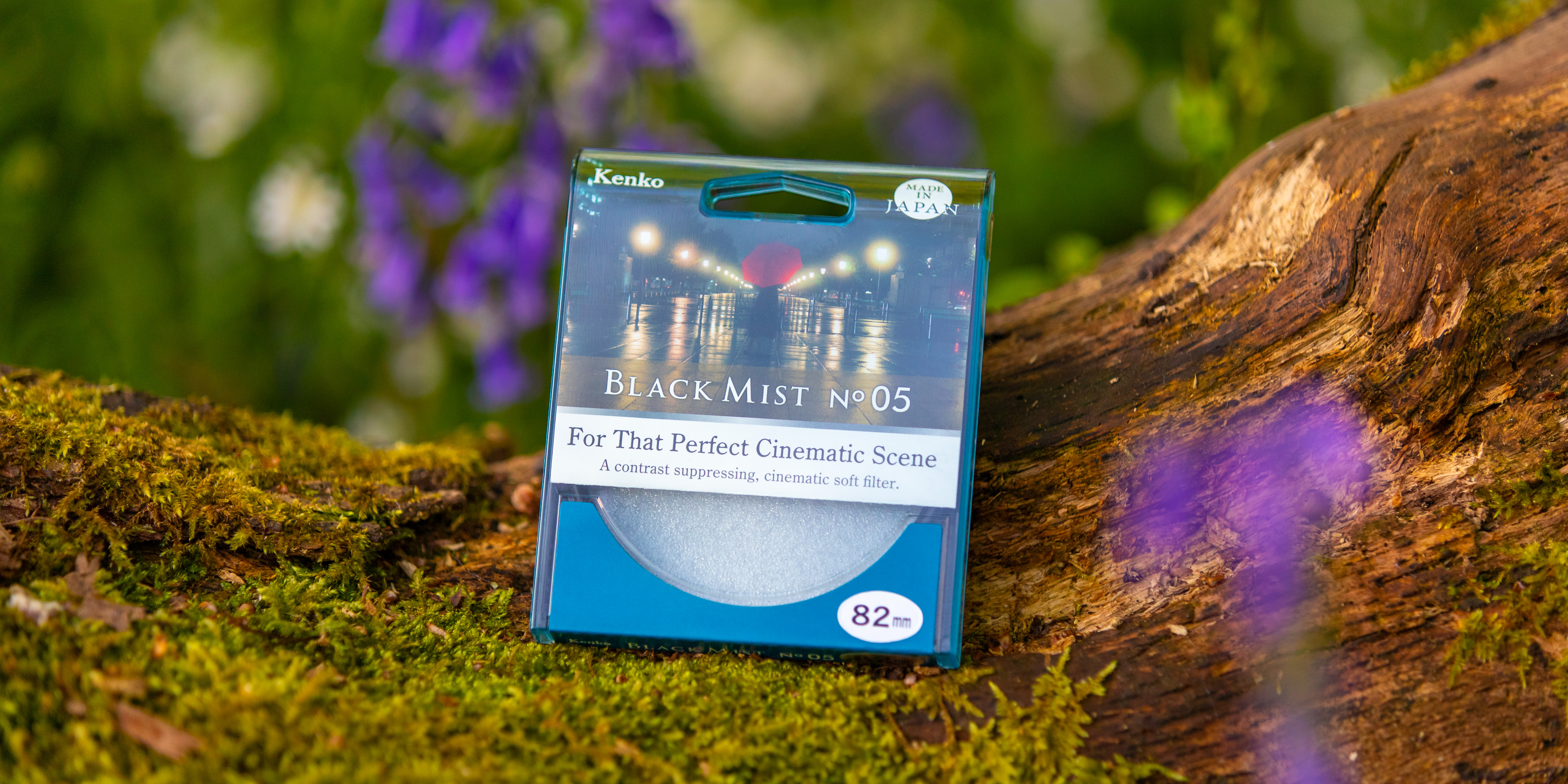
Released back in April 2021 Kenko’s Black Mist No.05 filter is the sibling to the company's popular Black Mist No.1 filter, which adds a hazy glow to contrast-rich scenes, though offers half the mist effect.
Much of what we said about the original Black Mist No.1 applies to this newer filter: the premium build quality is identical, and it comes in the same range of screw-in filter threads ranging from 49mm all the way up to 82mm, though we have found it at retailers to be a little less expensive.
We got our hands on the largest 82mm version and fitted it to our Canon EF 16-35mm f/2.8L II USM lens on our Canon EOS 6D Mark II to thoroughly test it against Kenko’s original Black Mist No.1 filter as well as putting it against Kenko's White Mist No.1, to see if this is the soft-effect filter that deserves a place in your kit bag.
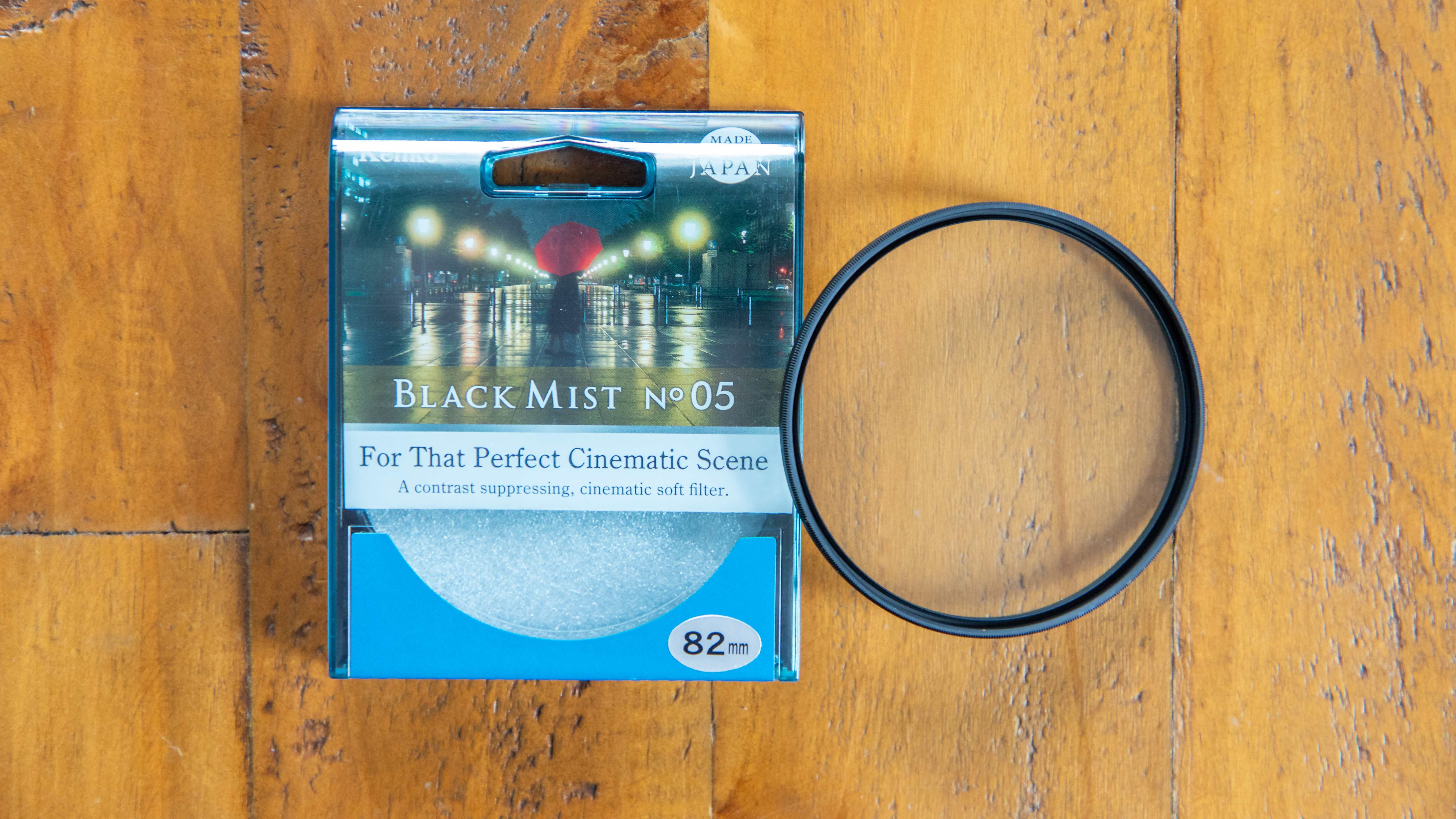
Specifications
Filter type: Soft effect
Mount: Screw-in
Thread diameter range (mm): 49, 52, 55, 58, 62, 67, 72, 77, 82
Filter material: Optical glass
Frame material: Aluminum
Thickness: 6 mm
Build & Handling
Like Kenko’s original Black Mist No.1 filter, the No.05 has also been manufactured in Japan, a hallmark of high product quality. This soft effect filter suppresses highlight and shadow contrast, boosting flare and diffusion, albeit at half the strength of Kenko’s ‘full-fat’ No.1. This means the effect is much more subtle, though Kenko also makes a Black Mist Protector which is just one-quarter of the strength if you want to roll back on the effect even further.
The filter is made from Aluminum which has been anodized with protective black paint, while the glass is Kenko’s optical glass with an AR and water protective coating and has special fine black diffusing material melted into it. It also comes packaged in a clear plastic UV-cut hard case to keep the filter protected when not in use.
The filter features a front filter thread allowing other filters to be stacked. While we didn’t find any signs of vignetteing when using the filter by itself, we suspect that when stacking multiple filters together this would start to become a problem, especially when shooting at wider focal lengths such as 16mm on a full-frame camera.
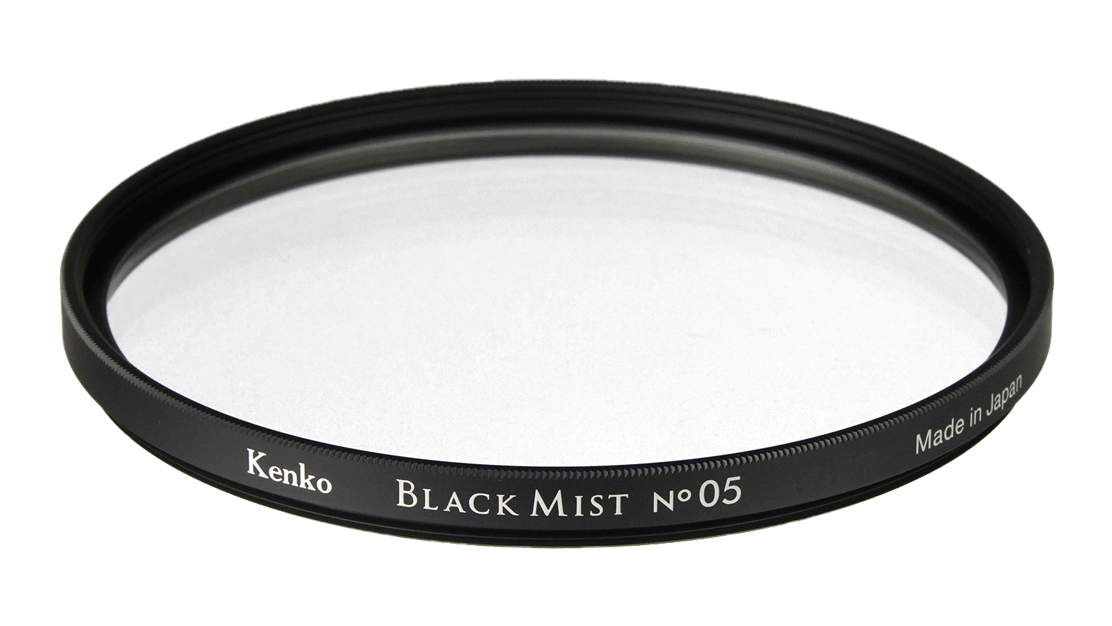
Performance
The Black Mist No.05 has been designed to work best at night where light sources softly bleed into the surrounding image for more cinematic and atmospheric stills photography and video. Kenko claims the filter is ideal for shooting in rainy low-light conditions where street lamps and lights are given an appropriate diffusion effect, and where the full-strength Black Mist No.1 might be too overwhelming.
It’s also ideal for shooting in contrast heavy backlit situations, whether it’s portraits at sunset or landscapes and its hazy effect is also useful for softening skin in portraits for a more gentle and diffused lighting with a dreamy aesthetic. See in the test shots below how the Black Mist No.05 renders just a little more detail in the starburst of this sunrise scene when compared to the Black Mist No.1.
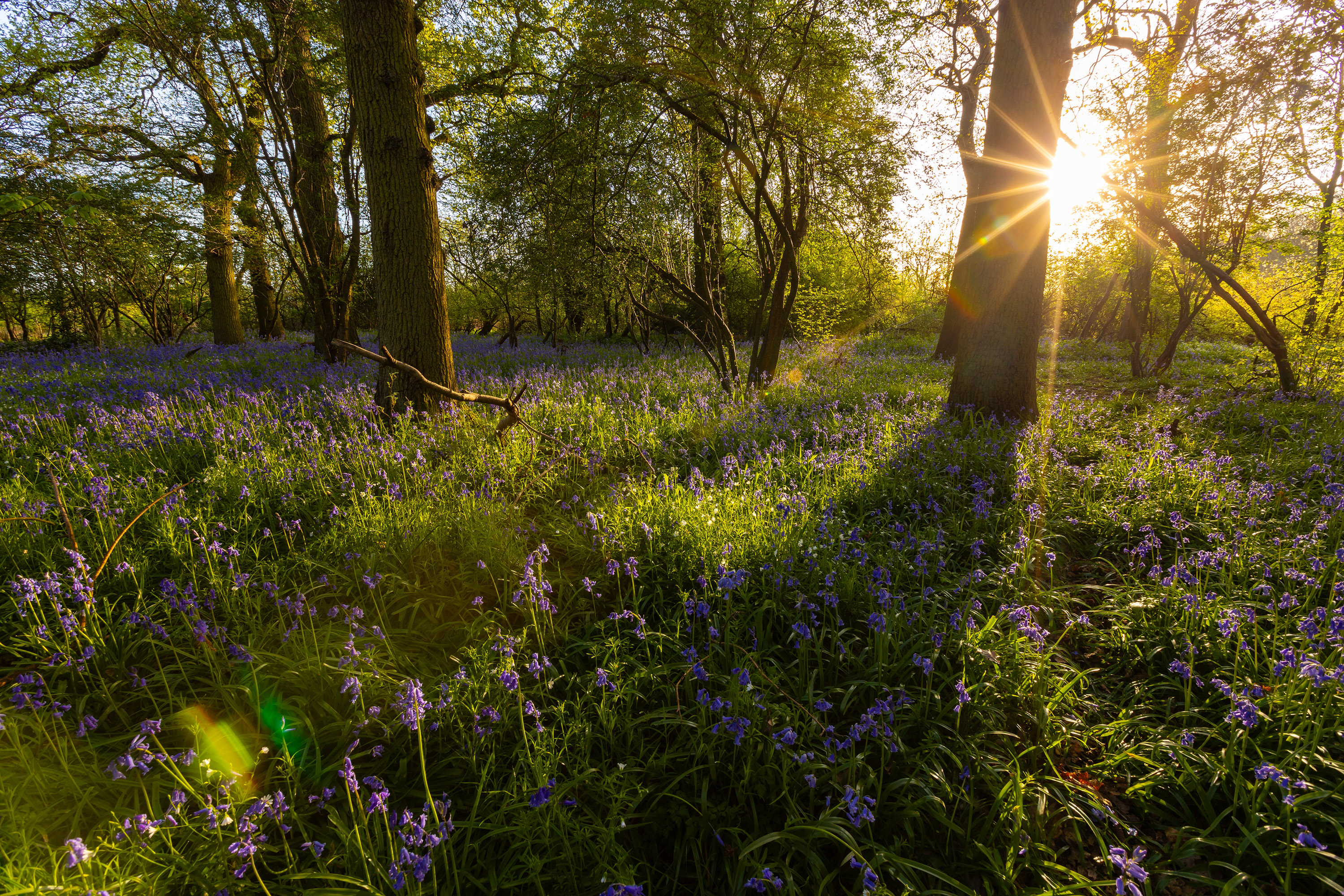
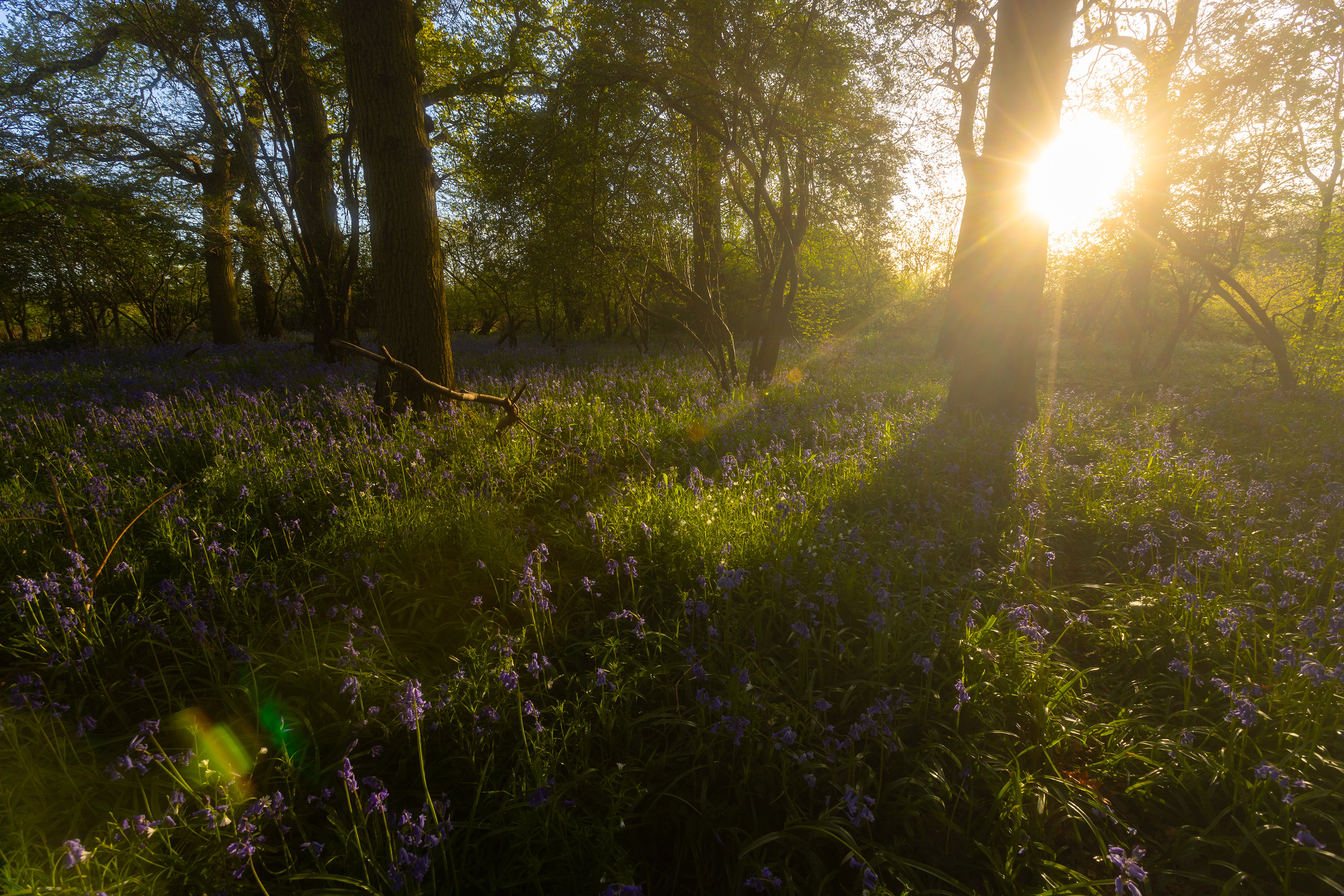
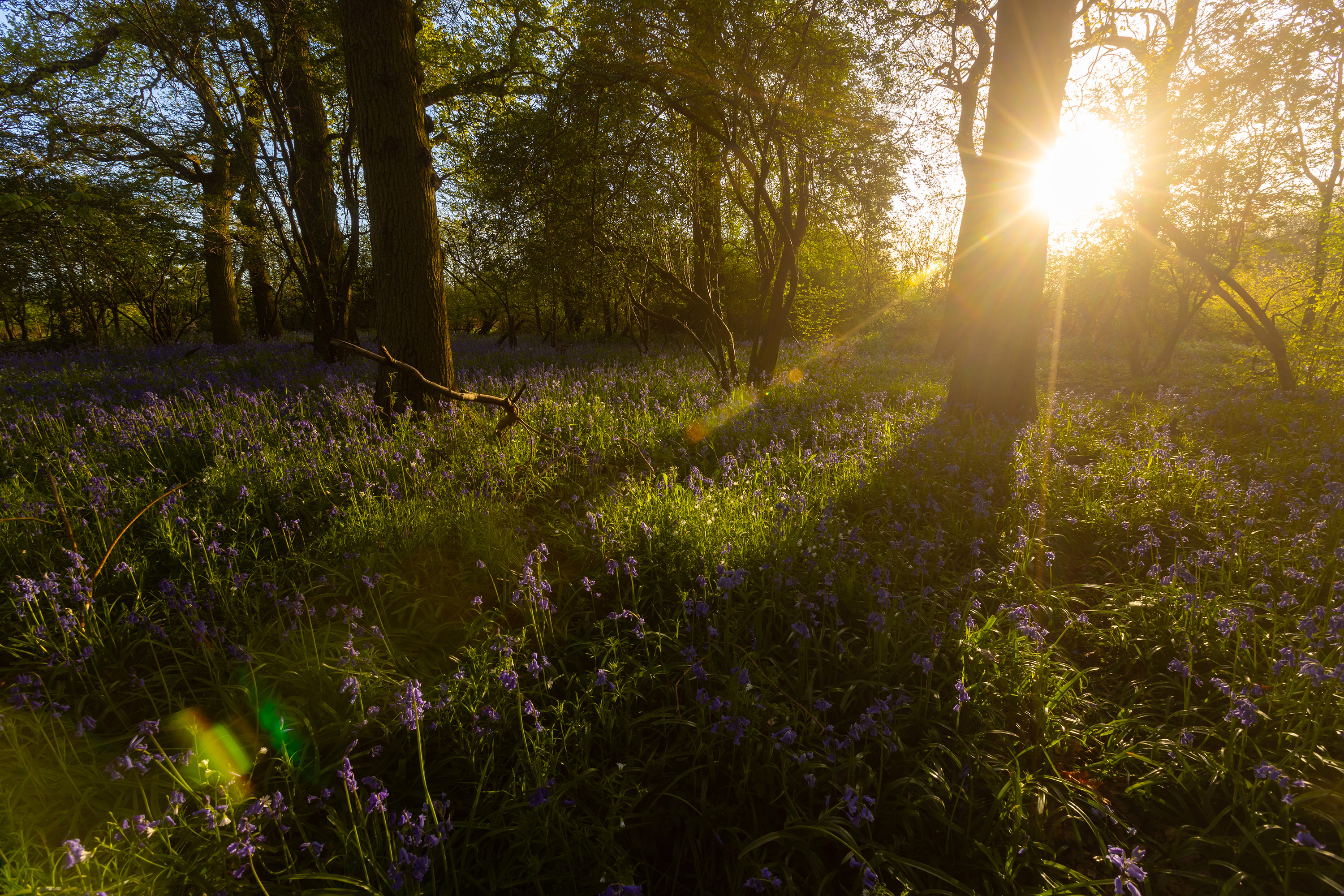
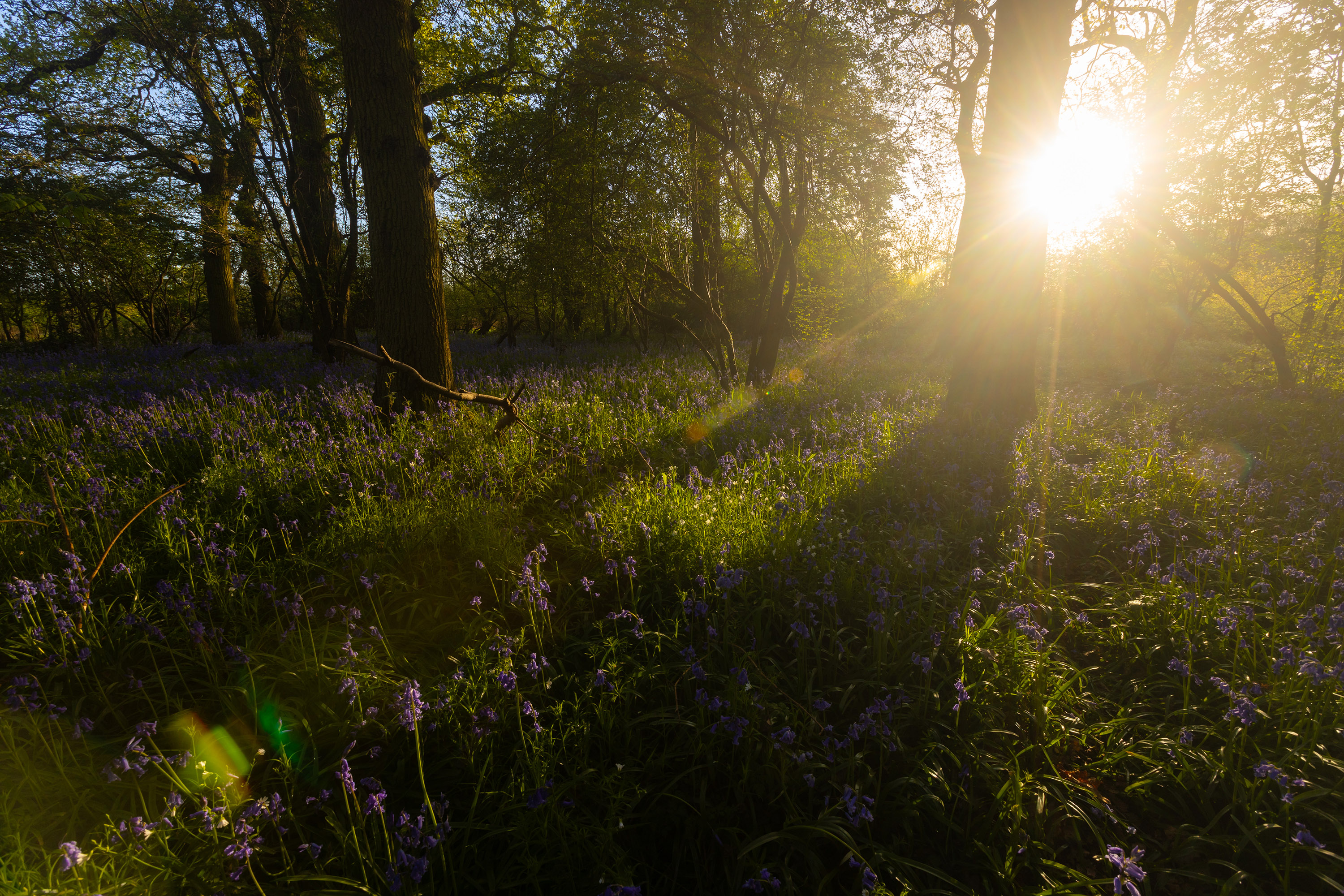
Kenko claims “the No.1 is catered towards the early hours and when there is weak lighting whereas the No.05 is recommended for night photography and during sunset when there is plenty of backlight”.
Impressively we found the filter didn’t add any vignetting or chromatic aberration (fringing) and details were inevitably sharper than the Black Mist No. 1 filter as the soft effect has been halved.
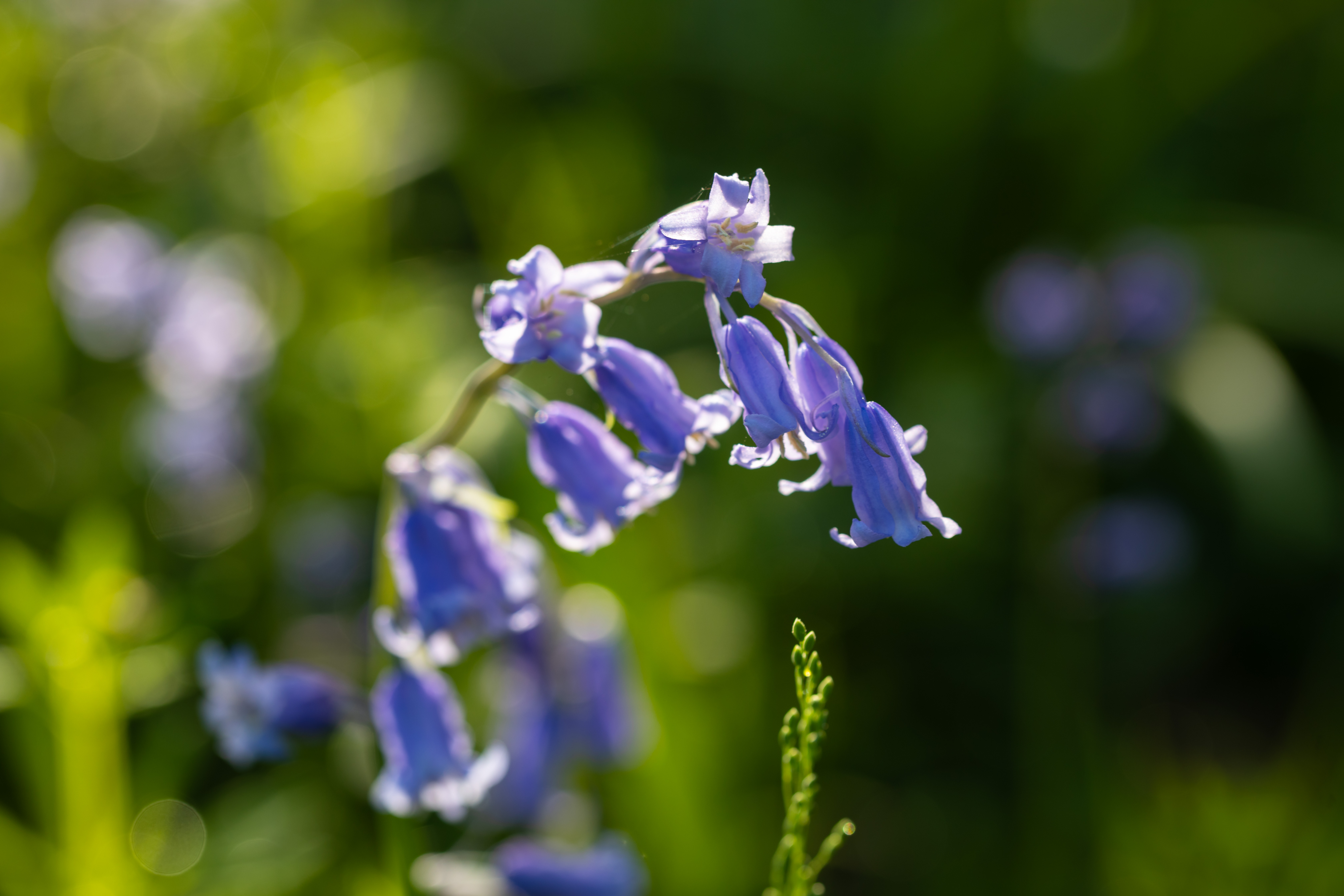
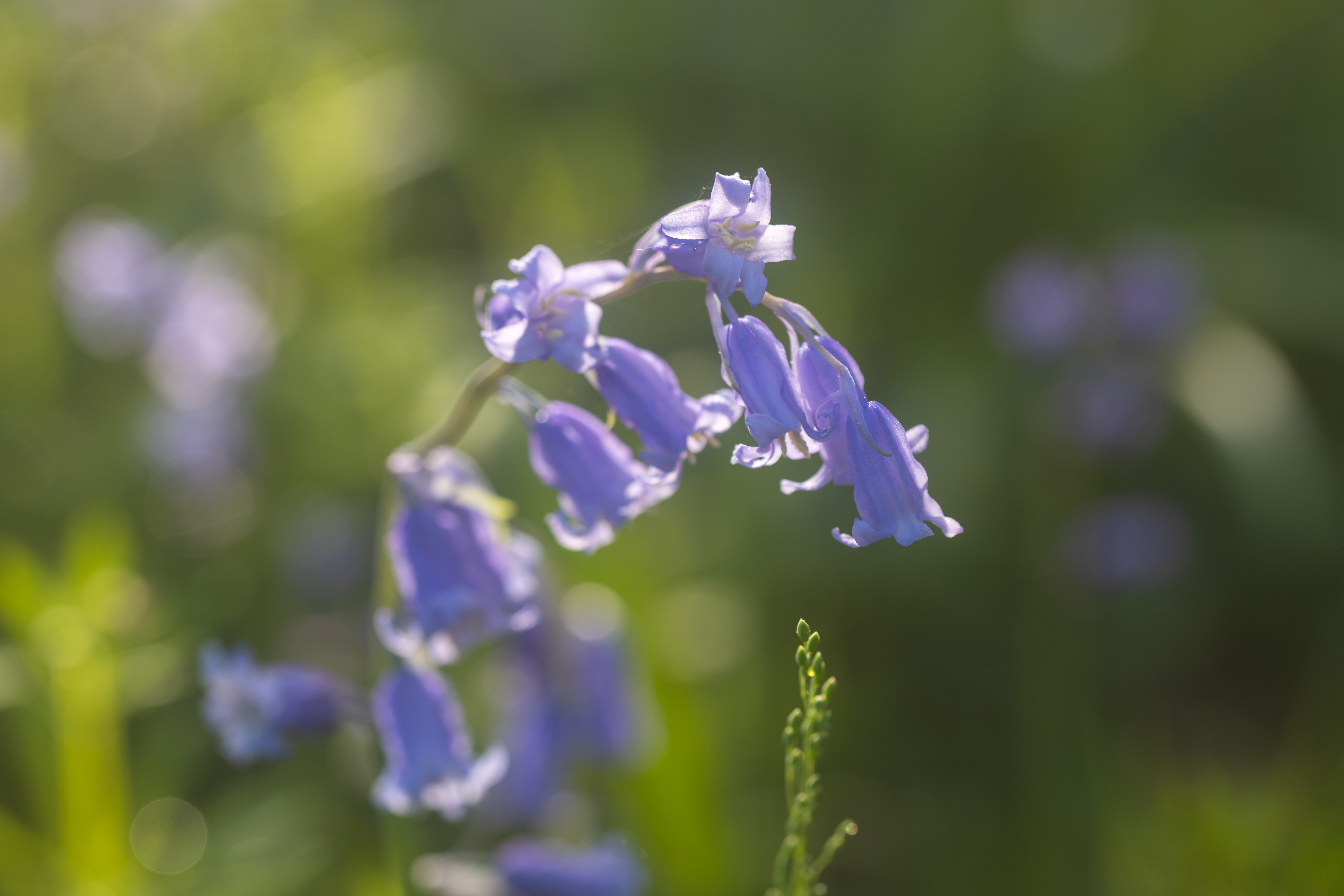
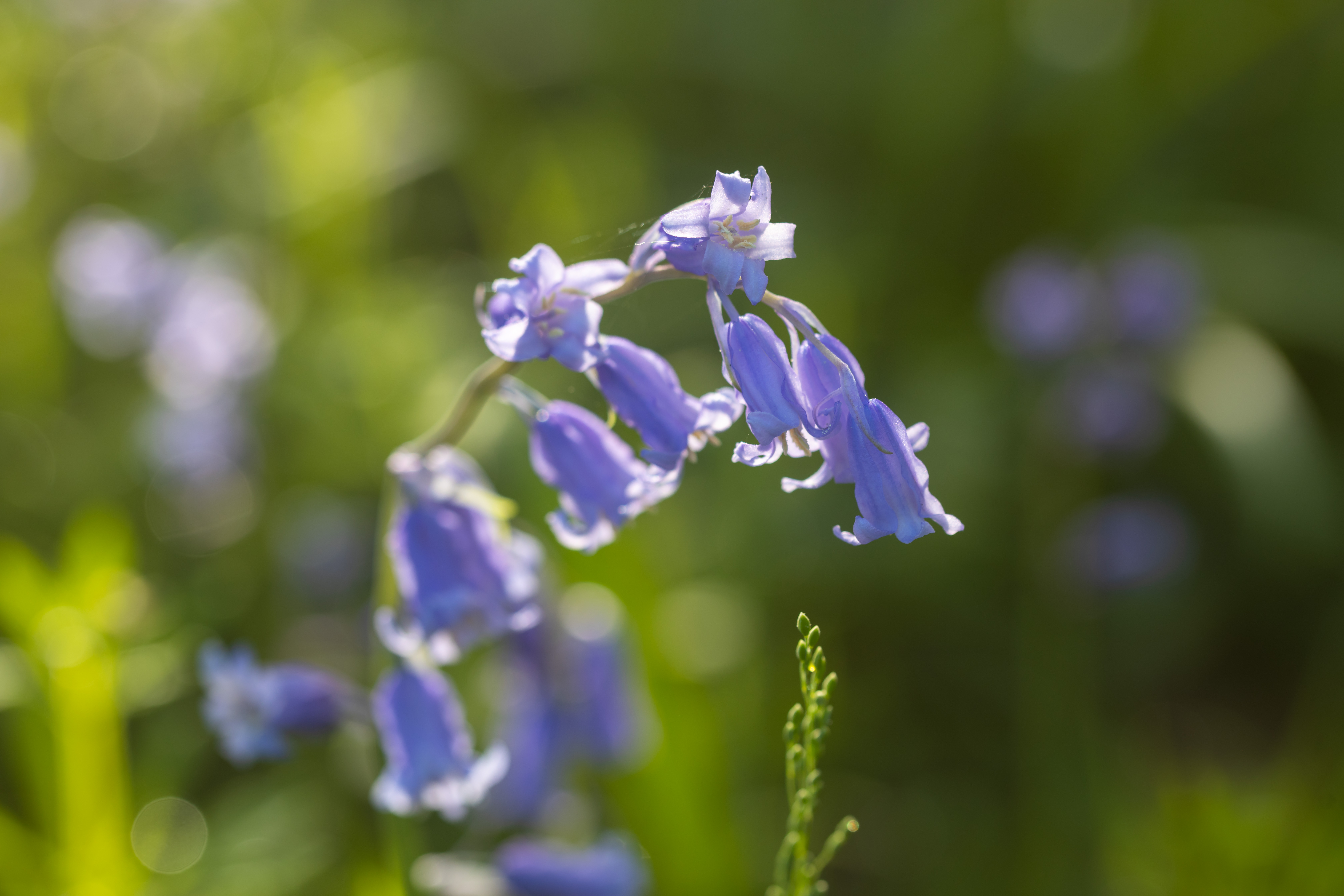
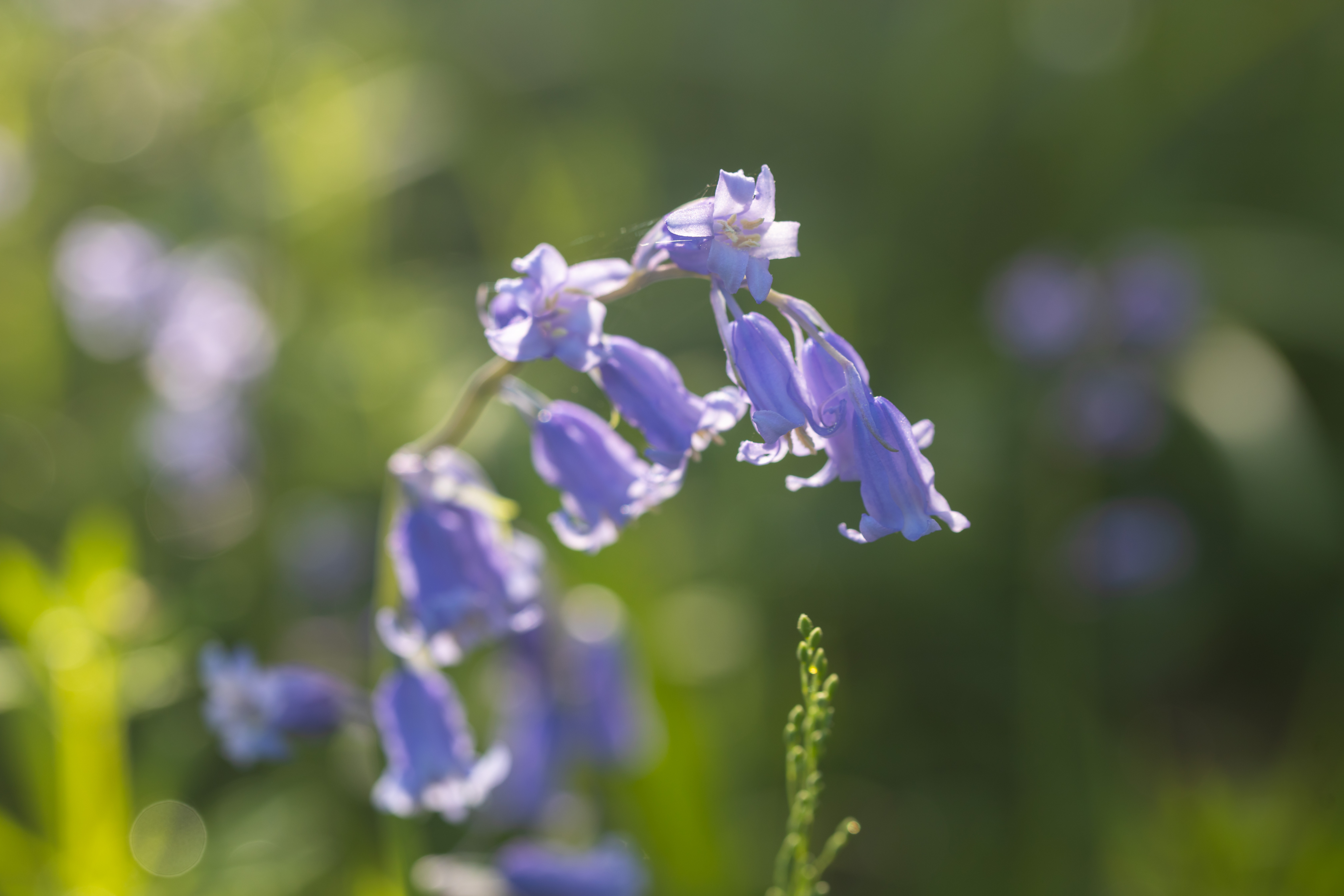
Verdict
Kenko's Black Mist No.05 impressed us with the same build and image quality that we loved from the original Black Mist No.1 filter. The use case for this filter is undoubtedly more niche, though will be ideal for photographers and videographers looking for a soft effect filter that isn't quite as overwhelming as the original No.1.
The only issue I have with the No.05 filter is that because the effect is quite subtle you can somewhat replicate its effects in editing software such as Photoshop CC by rolling off the Clarity and Dehaze sliders at the RAW editing stage. That said, it may be more useful for videographers where this might be more difficult, or also for photographers that aren't editing-savvy and would rather get everything right in-camera.
This small issue aside, it's less expensive than its full-strength brother while boasting the same premium build quality. Because it doesn't put too big a dent in your wallet it's worth taking a chance on this filter if you have even the slightest interest in soft effect photography and would like to experiment with hazy, atmospheric shots. Just be sure to buy the size that fits your largest lens, so you can use step-up adapters to work with all of your other optics, as we find this a better route than buying lots of individual filters to fit lenses with different filter threads.







